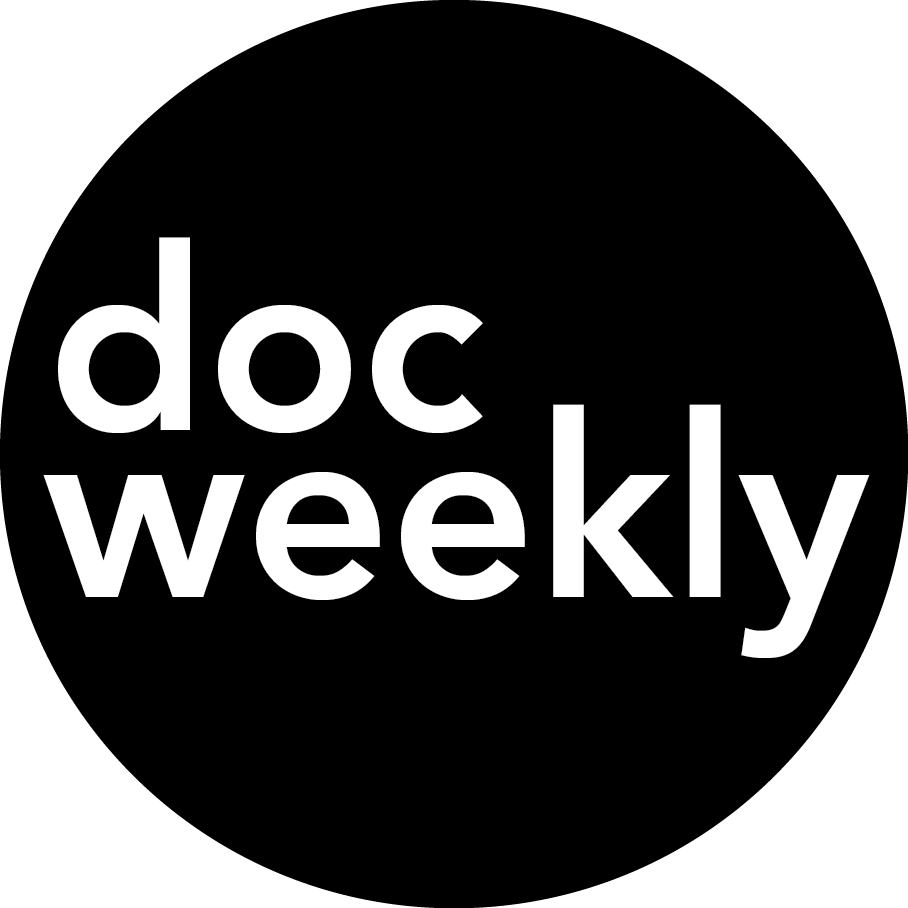Could You Survive On Your Own Produce For A Year?
First We Eat is Screening and Streaming across Canada and the DVD is also now available to order. Find out more at the link below the review.
At the same link you’ll find recipes, hacks and bonus content to help you start your own self-sufficiency adventure.
“First We Eat” is a POV film from the eyes of Suzanne Crocker, a mother of three living in Dawson City, Yukon, inspired to pick up the camera after a road obstruction led to food shortages in the town, exposing the fragility of her family’s food chain. Indeed, the remote town is 300km from the Arctic Circle and has 97% of food trucked in. The family of five embark on a challenge to eat only locally sourced food for a whole year.
This film is almost solely at the creative direction of Suzanne and is not short at 1h50, but often absorbing as the family are met with the different trials presented by the changing seasons. Suzanne’s three children are a reliable source of humour as their unwillingness to participate in the challenge is manifested in different forms, including one’s incredulous but totally respectable question, “but what would I make for a snack?”
The tender approach to production makes this a very welcoming story. It left me with a sense of familiarity that triggered memories of the film long after watching, as though I had been in their kitchen together with them rather than simply observing. I kept coming back to it.
There’s also some captivating cinematography, in particular from a supposedly yearlong timelapse shot that beautifully captures the Yukon’s four seasons. These immersive shots are peppered throughout and leave the viewer longing for the remoteness.
Unfortunately the lack of cinematic experience in the production is clear, and the long runtime does mean that it is difficult to stay focused when the pace is lost.
Despite that, this film should be prescribed as an essential piece of education on food production. To put it simply, few of us know how much time and resources it takes to make a plate of food, and for the sake of ours and our planet’s health, we should all be attempting similar experiments.
Early on, Suzanne realises her garden itself isn’t big enough, nor nourished enough, to produce enough food for her family. Instead, she outsources her growing space to a farm across the Yukon. The forward planning required for this is lengthy, and her days are consumed with finding food, growing food, preparing food, drying food, storing food. Even salt is a hard to obtain commodity given that they live so far from the sea.
This, and the film as a whole, is a lesson in how our (predominantly Western) attitude to food is demanding and inconsiderate. All we do is take away, totally removing ourselves from the forgotten fact that food production is beholden to weather, nature and its wildlife. It successfully demonstrates to the viewer why supermarket food is cheap – in short, because it has been produced at the expense of someone else.
In sum, “First We Eat” is a gentle nudge towards a very paralysing reality that we must all face, framed in a warm glow of family life that makes it palatable despite its very serious message.









